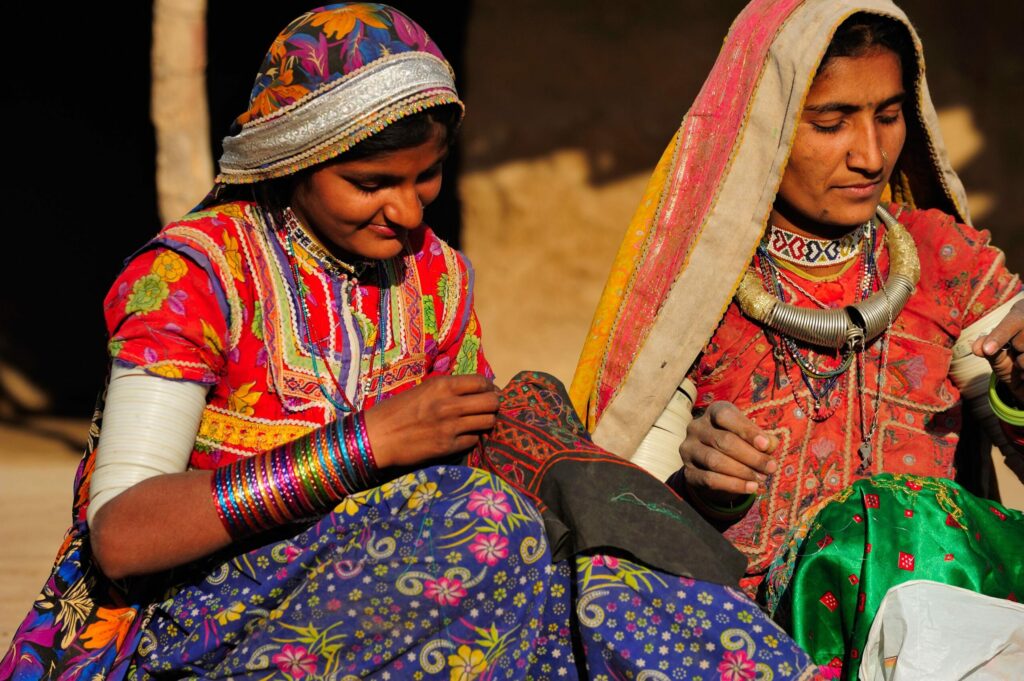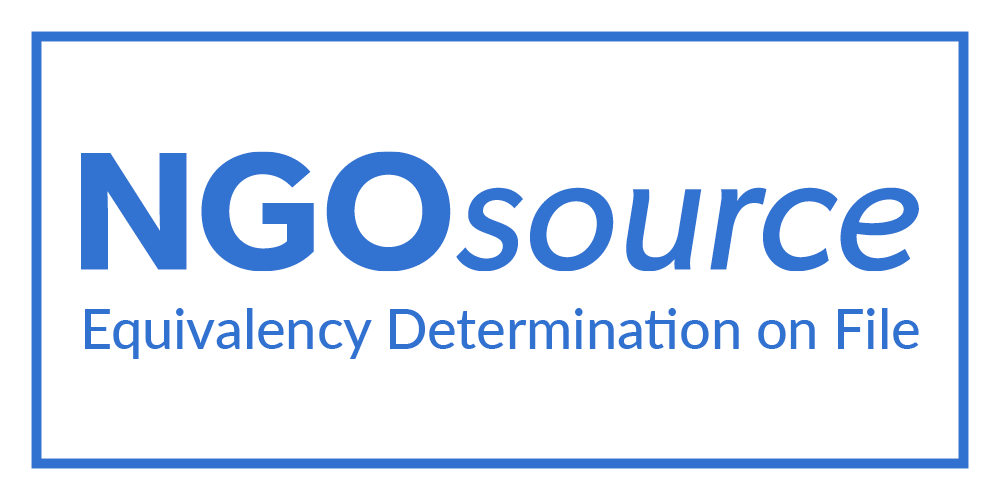On this year’s International Women’s Day, there was an overwhelming attention for the plight of many women in today’s world: women remain among the most economically disadvantaged groups. They often suffer from a lack of education, unequal property rights and limited control over resources and struggle with low skilled and informal jobs. Many have little or no access to formal banking systems and credit. Women also bear the brunt of unpaid work: as farmers, they plant, weed and harvest food crops and tend livestock. As caretakers, they look after children and relatives, prepare meals and manage the home. In the rural areas of India this is still a harsh reality for many women.
A job brings permanent change
India’s labor market is characterized by extreme inequalities, with a large section of women engaged in self-employment and informal labor. This often means livelihood insecurity for women, culminating in poverty and vulnerability. Change can happen and change must happen. Organized employment for women is the key to achieve this. Not only for women, but also for the future generation. A large body of research* shows that income controlled by women translates into greater investment in children’s education, health, and nutrition. Additionally, women who have access to property and credit can ease hardships for their families during financial shocks.
Renowned institutions state that empowering women is not only a social and moral duty, but it also makes economic sense. Women who are economically empowered contribute more to their families, societies, and national economies. It has been shown that women invest extra income in their children, providing a route to sustainable development. If they invest in educating their daughters, it is one of the most powerful tools for women’s empowerment because education provides them with the knowledge, skills, and self-confidence they need to seek out economic opportunities.
Why Women on Wings exists
Shilpa Mittal Singh, joint Managing Director at Women on Wings: “In the 15 years of our existence, we have interviewed many rural women who work for our business partners in India. Strong women who have shared their stories that show remarkable similarities. We always get inspired; each story motivates us more to continue our work. Most women marry at a young age and often they must quit school and studies. They move in with their in-laws, and start taking care of the family, doing the household chores, and looking after the children. Till one day they hear about a social enterprise, like many of our business partners, and start working and earning an income. It is an immense turnaround in their life.”
Shilpa continues: “Over the years, women from various ages, in different regions in rural India, have told us how work and income have changed their life. They gain more self-confidence and self-esteem, because their income contributes to the family and particularly to their children’s future. The women now can live a life of independence and dignity. They get a more equal position in their family, leave the house more often, meet other women, and open a bank account. First and foremost, they are grateful that they can offer better education to their children, especially to their daughters, to give them better opportunities and the possibility to make choices. Most women mention that they wish other women the same progress. They actively encourage others to look for a paid job so that they too can become more independent.”
Co-creating jobs
However, sustainable employment is often hard to find in rural India. That is why Women on Wings partners with social enterprises that generate work in rural India, or with women entrepreneurship initiatives of state governments. By providing these entities business knowledge and mentoring, growth accelerates, thus more jobs for women are being co-created.
Currently, Women on Wings partners with 48 social enterprises across India and with two state government institutions, JSLPS in Jharkhand and MAVIM in Maharashtra. As a result of these partnerships, 285,000 jobs for women in rural India have been co-created to date.
*Research references inspired by:
Women and rural development, IFAD
Women’s Economic Empowerment in India, A Policy Landscape Study, January 2020, The Quantum Hub
Women’s Economic Empowerment, Issues paper, April 2011, DAC Network on Gender Equality Understanding and Measuring Women’s Economic Empowerment, International Center for Research on Women
Women’s economic empowerment, Supporting transformative change, September 2022, Emma Samman and Abigail Hunt


